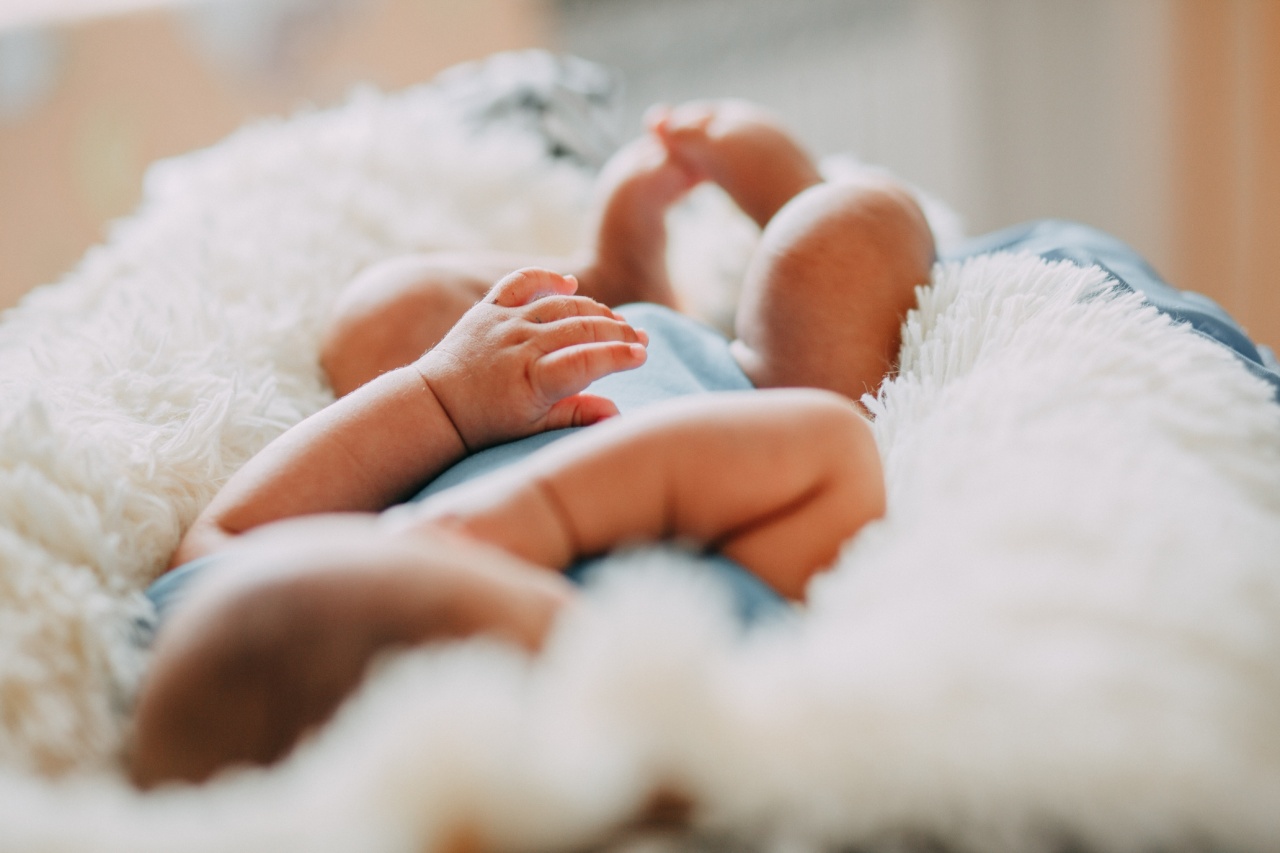Sleep is essential for our body’s health and for maintaining a healthy lifestyle. It has a significant impact on our skin, and getting enough sleep is crucial to keep our skin healthy and radiant.
The lack of sleep can lead to many skin problems like acne, wrinkles, dryness, and dark circles around the eyes. So, It is essential to ensure that you get a good night’s sleep to keep your skin looking healthy and youthful.
What Happen to Your Skin When You Don’t Get Enough Sleep?
Inadequate sleep affects our body’s hormones and can lead to various skin problems. Our body releases a hormone called cortisol when we are stressed or not getting enough sleep, which causes our skin to produce excess oil.
This excess oil can clog pores and cause acne, making our skin look dull and tired. Not only this, but lack of sleep also leads to the production of less growth hormone, which is responsible for collagen production. Collagen helps in keeping our skin firm and elastic.
Acne Breakouts
Acne breakouts are the most common skin problem caused by a lack of sleep. The excess oil produced by cortisol can clog pores, leading to acne breakouts.
Not only this, but the inflammation caused by acne can also lead to dark spots and scars on the skin.
Increased Signs of Aging
Inadequate sleep leads to the production of less growth hormone, which is responsible for collagen production. Collagen helps to keep our skin firm and elastic.
When our body produces less collagen, our skin begins to sag, wrinkles appear, and it looks aged. Prolonged lack of sleep can also lead to dark circles around the eyes, which is a sign of skin aging.
Dry and Itchy Skin
During sleep, our skin’s water balance is restored, and our skin’s blood flow increases. If we don’t get enough sleep, it can lead to a decrease in the skin’s water content, making it dry and itchy.
This is because our body fluids are not properly distributed throughout our skin, leading to dehydration and dryness.
Decreased Skin Health
A lack of sleep can have a detrimental effect on our skin’s immune system, leading to decreased skin health. Our immune system is responsible for protecting us against harmful bacteria and other pathogens.
Lack of sleep can weaken our immune system, making our skin more vulnerable to infections.
Dark Circles and Puffy Eyes
Dark circles and puffy eyes are the most apparent signs of not getting enough sleep. This is because when we don’t get enough sleep, our body produces excess cortisol, which causes fluid accumulation under our eyes.
This leads to eye bags, puffiness, and dark circles, making us look tired and less attractive.
Decreased Ability to Recover
During sleep, our skin cells repair themselves, replenish, and recover from damage. If we don’t get enough sleep, our body produces less melatonin, making it difficult for our skin cells to recover.
This leads to increased skin damage, making our skin look tired and old.
Increased Sensitivity to Skin Irritants
Our skin is exposed to various environmental irritants like pollution, dust, and UV rays every day. Inadequate sleep can increase the skin’s sensitivity to these irritants, leading to skin allergies, rashes, and other skin problems.
How to Improve Your Skin by Getting Enough Sleep?
If you want to have healthy, vibrant skin, getting enough sleep is vital. Here are a few tips that can help you improve your skin by getting a good night’s sleep:.
- Establish a regular sleep routine
- Avoid caffeine, nicotine, and alcohol before bed
- Avoid using electronic devices before bed
- Create a relaxing sleep environment with comfortable bedding and a cool temperature
- Manage stress levels
The Bottom Line
Getting enough sleep is essential for our body’s health and for maintaining healthy skin. Inadequate sleep can lead to numerous skin problems, such as acne, wrinkles, dryness, and dark circles.
So, it is crucial to ensure that you get a good night’s sleep to keep your skin healthy and youthful. Incorporate good sleeping habits in your routine to enjoy healthy and vibrant skin in the long run.































